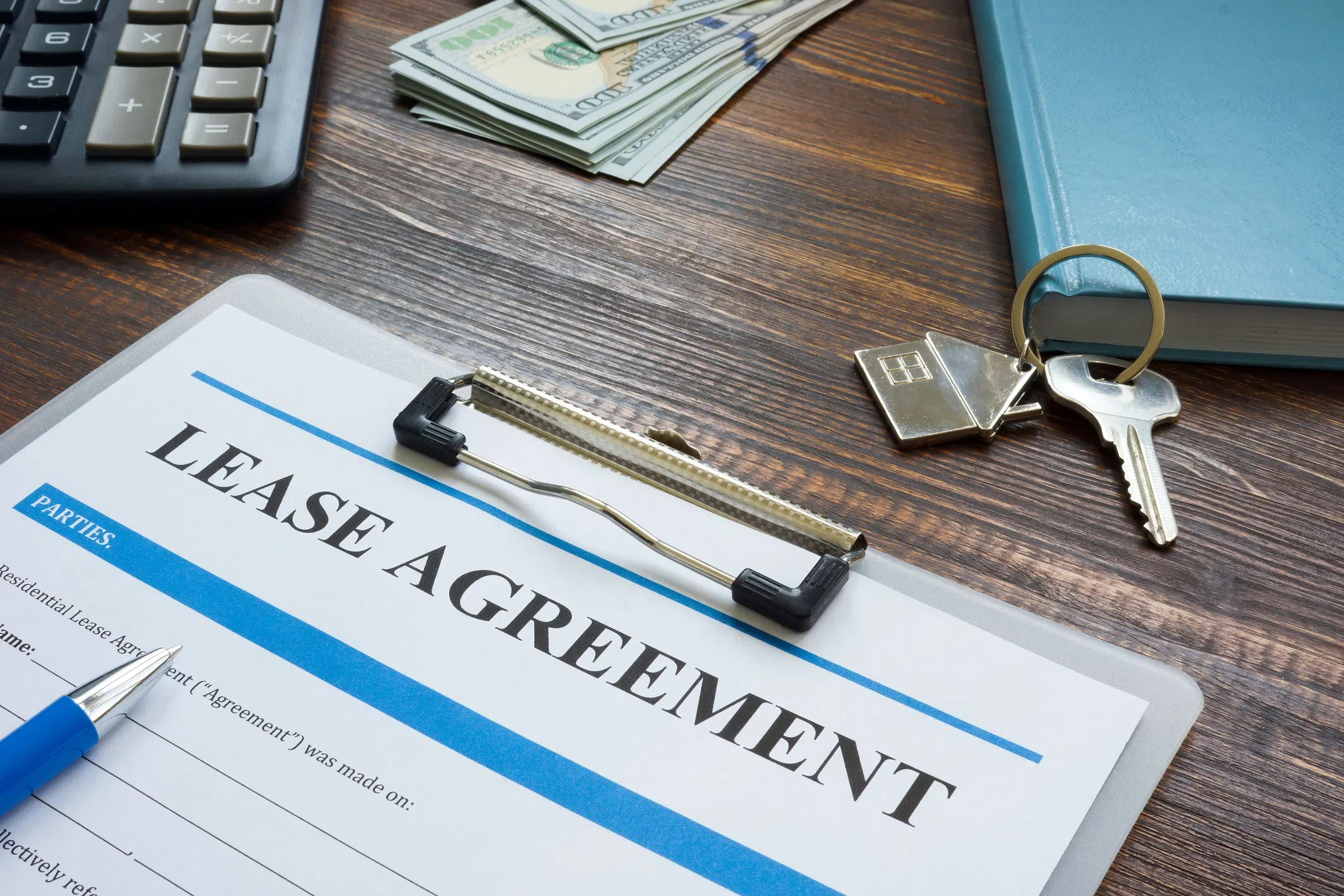There are a lot of reasons why a contractor should personally buy a building and have the business they own pay them rent. A compelling case could also be made, however, that there are a lot of reasons that a contractor should never own a building.
This isn’t a discussion of the merits of either option. This lesson is for you if you have decided to lease your building rather than buy a building.
Here are 12 things you need to know before you sign on the dotted line.
Length of Lease
The first major decision you have to make is the length of lease you are willing to sign. Most lessors will either want a five or 10-year lease.
To determine the appropriate length of lease, it’s important to refer to your strategic business plan to identify your future needs.
It may sound silly when you’re in need of a location for your business today, but you have to take a look into the future to ensure your lease doesn’t limit your success.
How much revenue will you be producing? How many people will you employ? Decide what you need today and tomorrow in a building.
Understand Lease Types
If you know what kind of lease you want, it may help narrow down the search. Generally, there are 5 types of leases.
Gross Lease: One fee covers all lease costs.
Modified Gross Lease: You pay a lease fee but you will have other expenses that you are responsible for that are negotiated between you and the landlord.
Single Net Lease: With this lease you will pay a lease fee to the owner, plus you are responsible for all property taxes.
Double Net Lease: With this lease you pay a lease fee, plus you are responsible for the taxes, utilities and insurance for the occupied space.
Triple Net Lease: This is similar to the Double Net Lease in that you pay a lease fee plus the taxes, utilities, and insurance, but you are also responsible for the maintenance of the building.
What’s Included?
It’s important that you have a complete understanding prior to signing a lease to avoid a misunderstanding after the fact.
Find out what your costs are outside of the rent, and who is paying for things like utilities, cleaning services, building maintenance, trash pickup, etc.
If the landlord owns multiple properties in this area, or if your business will share the building, who is responsible for common area maintenance?
You need to evaluate what these “extras” are going to cost you, and if your business can afford those additional expenses at this time.
Drive by Traffic
Does the building have advertising impact power via traffic. Consider the number of vehicles, pedestrians and bicycles that pass by the building daily.
If the building has substantial traffic, it may be worth paying more per month than an isolated industrial building with a lower lease amount.
Parking
It’s imperative that you have adequate parking space for your staff’s personal vehicles and your company vehicles. If it’s a shared parking lot, are there a number of assigned spaces?
Building Ownership
Make sure you learn everything you can about the building’s ownership. Who owns it? What is their reputation in the community, and their business reputation?
Former Tenants
Who were the last two tenants? Why did they leave? The research may be time consuming, but in the long run, you’ll be glad you did your due diligence.
Sublet and Assignments
If the potential exists that you may sell your business prior to the lease expiration, ensure the lease allows you the ability to sublet or assign the lease.
Growth Buyout Clause
Should your Strategic Business plan call for aggressive growth over the next few years, it is wise to negotiate a growth buyout clause.
This clause would allow you to terminate the lease prior to expiration, because you have outgrown the building, by paying the landlord a predetermined amount.
You don’t want to overpay for a lease, but you also don’t want to be trapped in a lease that stymies the growth of your company.
First Right of Refusal
If you are convinced the building is a place that you could see your business in for many years to come, it may be wise to ask for a right of first refusal from the owner should they ever place the building up for sale.
This allows you to enjoy the benefits of leasing, but also provides you the opportunity to acquire the building in the future.
Renewal
You would also be wise to negotiate an auto renewal clause with predetermined lease rates in the future. This protects you from huge lease price increases in the future.
Pale Ink Trumps Memory
Remember, you are signing a legal document. Regardless of what the realtor and landlord tell you, if that conflicts with something in the lease, what is written will almost always be the deciding factor should you end up in arbitration or in a suit.
If a verbal commitment is made, get it in writing.
Be a smart business owner and set your business up for success by thinking ahead, educating yourself, and making sure you understand every aspect of the lease prior to signing your name to the dotted line.
That’s how you set your company up for success and how you become a money-making machine.




